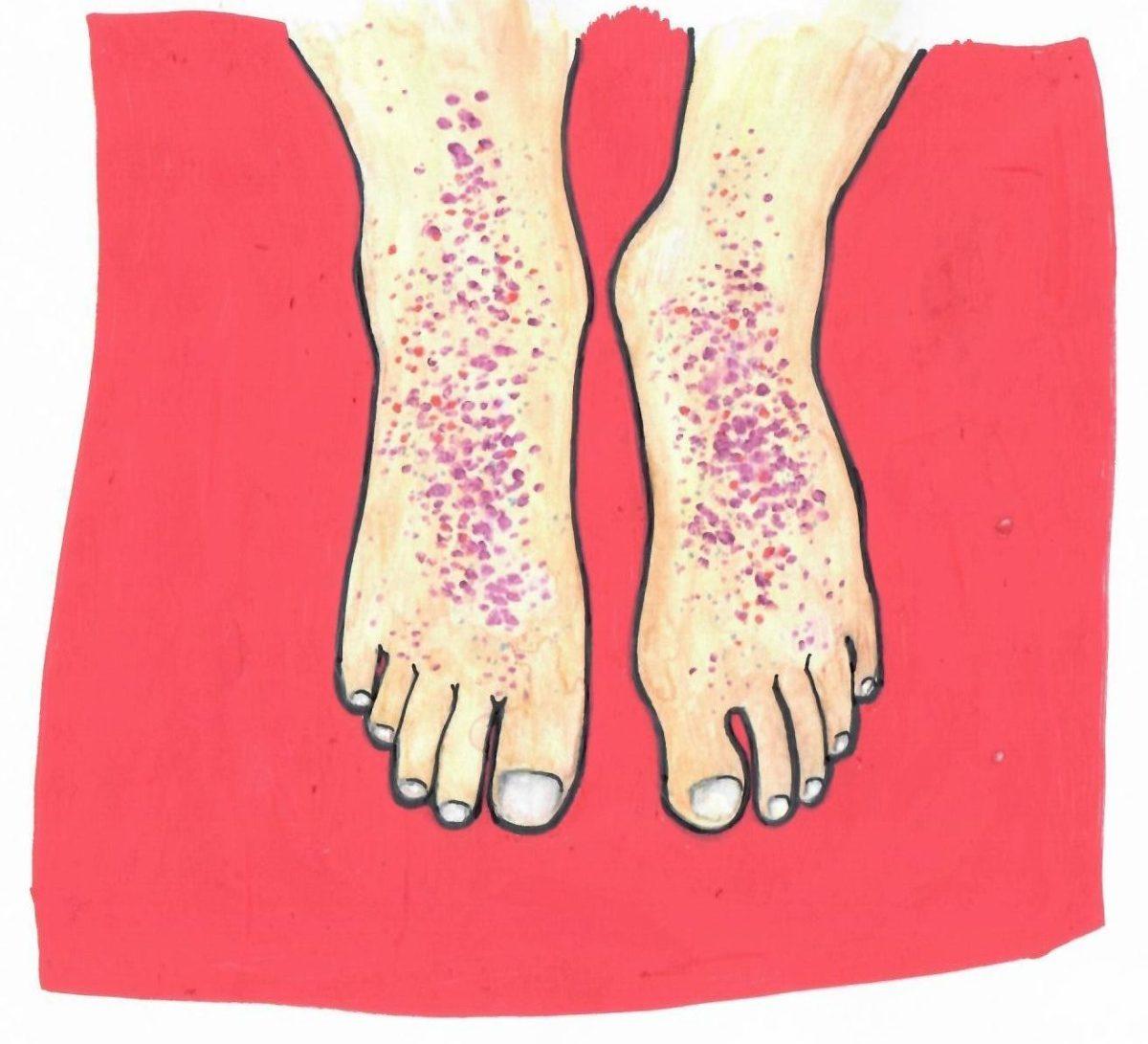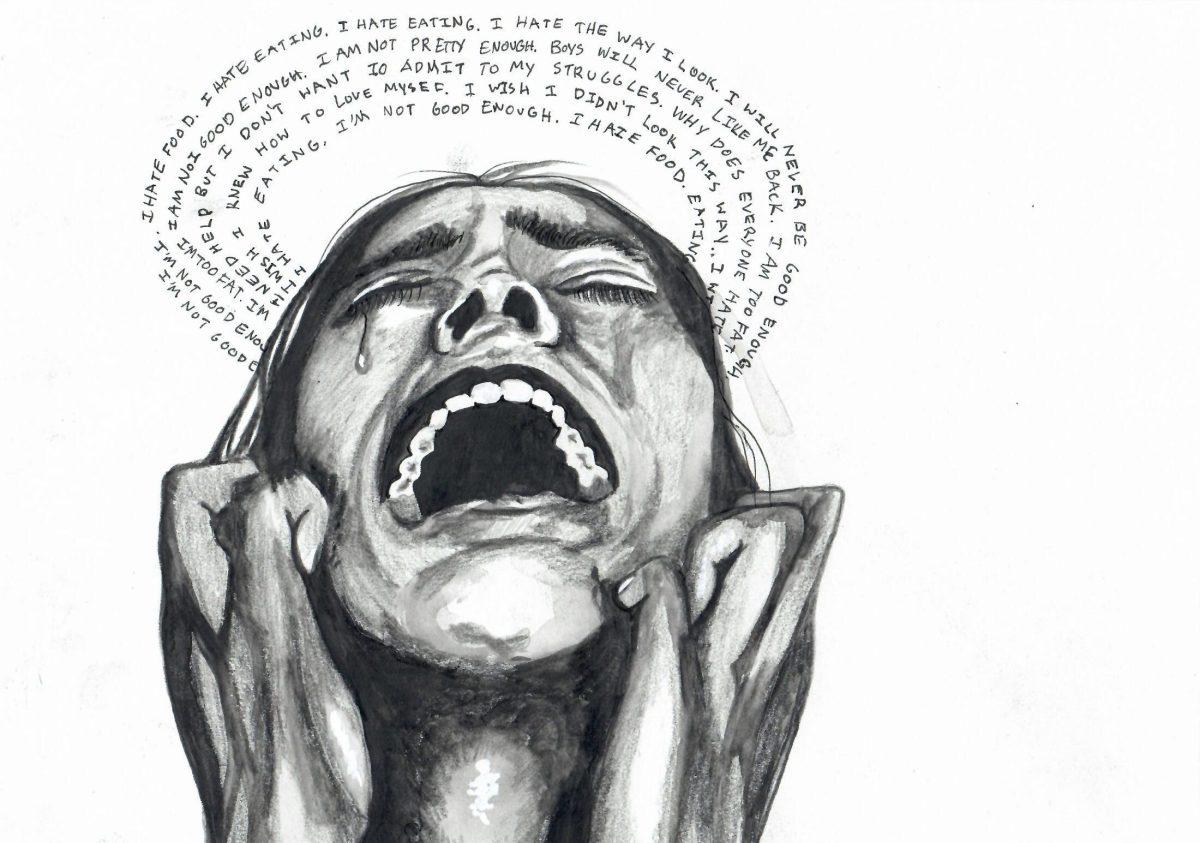It was almost 2 a.m. and I was still packing to leave for the Al Neuharth Free Spirit and Journalism Conference in Washington, D.C. In some ways, I am a last minute person, and no matter how much I tell myself I will start a project earlier and get it done, it never unfolds the way that I plan.
I kept rechecking my suitcase to make sure I had everything, refusing to zip it up for good and go to bed. I was nervous. The next few days would be a week of firsts for me. The first time flying on my own. The first time I’d be thrown together with dozens of people I’d never met. The first time I had to show that I belonged amongst a group of talented journalists.
Last summer, I attended the prestigious conference as the Oregon representative. The weeklong conference is held annually at the Newseum and always features a plethora of experienced journalists who hail from places like National Public Radio and the New York Times. What I didn’t realize at the time was how the conference would open my eyes to the potential I never knew I had.
I’m the oldest of three sisters and my role in the family is to make sure everyone is supported. I describe myself as a perfectionist and a high achiever, and my world had always been full with sports, academics and the arts. Those were areas where I felt most comfortable.
But as I entered high school, being a perfectionist became more of a setback. I had it in my head that the more I did, the better I would be. I tried to do it all. My freshman and sophomore years were a blur of soccer and basketball practices, late night homework sessions and rushed art projects.
The problem wasn’t how busy I was. The problem was my mindset – no matter how much I did and did well, it was never enough. I was afraid of failure and not being the best. I thought that if I participated in enough activities, it would be OK if I wasn’t the best at all of them.
I eventually stopped playing soccer and basketball. I joined my school’s magazine my junior year to compensate for not doing as many sports, I told myself.
What happened, though, surprised me. I actually found that reporting and asking questions were things I loved. I anticipated the thrill of a revealing interview and even enjoyed piecing together the stories. I learned to appreciate production, including all the time and stress that comes with it. And most importantly, I learned what it’s really like to work on a team.
When I was accepted to the Neuharth conference, my confidence started to wane. I was a major contributor on my news magazine, but the old thoughts and hesitations began to creep into my head. That’s why I kept rearranging the clothes in my suitcase the morning before my flight. I didn’t want to commit, to risk failure.
I remember feeling the dry heat when I landed in Washington, which seemed suffocating to my rain-accustomed body. I remember the many hands I shook, the names I learned and the accents I heard. I remember checking into my hotel room and wondering what to wear.
Then everything started. Over the course of the week, I met Gwen Ifill and Judy Woodruff from the Public Broadcasting Service. I watched a live taping of “Meet the Press” with Chuck Todd and observed how he handles interviews. Mary Pilon, a former Oregon representative and current author, showed me that print journalism is not dead through her amazing work with The New York Times and The Wall Street Journal. As a sports journalist, and business and finance reporter, she was a force in a male-dominated field.
All of these people showed me the authority that a journalist can have. I learned that good journalism was something that I wanted to commit to. I realized that a long list of achievements doesn’t make me good enough. Finding my passion can help make a difference in the world. And that’s what journalists do.
I clearly remember the last day of the conference. I hated that the five days were up and that I had to leave the thrilling environment of early mornings, late nights, dressing up and taking in the constant movement of a busy city.
But I also couldn’t wait to start working. Back at school, I was named one of the editor-in-chiefs on the magazine. I began thinking about the impact that I could make with my stories. But I also thought about how I could help new people on the staff, in addition to fighting injustices and shedding light on the overlooked parts of my community.
So far this year, we have put out three issues of our magazine. I’ve written about the forced resignation of a successful and beloved basketball coach, how a passionate hip-hop dancer has shared his talent with the rest of the school, and worked with a strike team of reporters to address a racist incident involving social media on our boys soccer team.
These stories took focus, commitment and, most of all, excitement. The Al Neuharth Free Spirit and Journalism Conference showed me that the journalism I do can help me develop an impressive list of accomplishments. And it’s something that will always be a part of my life, no matter what form it takes.






























